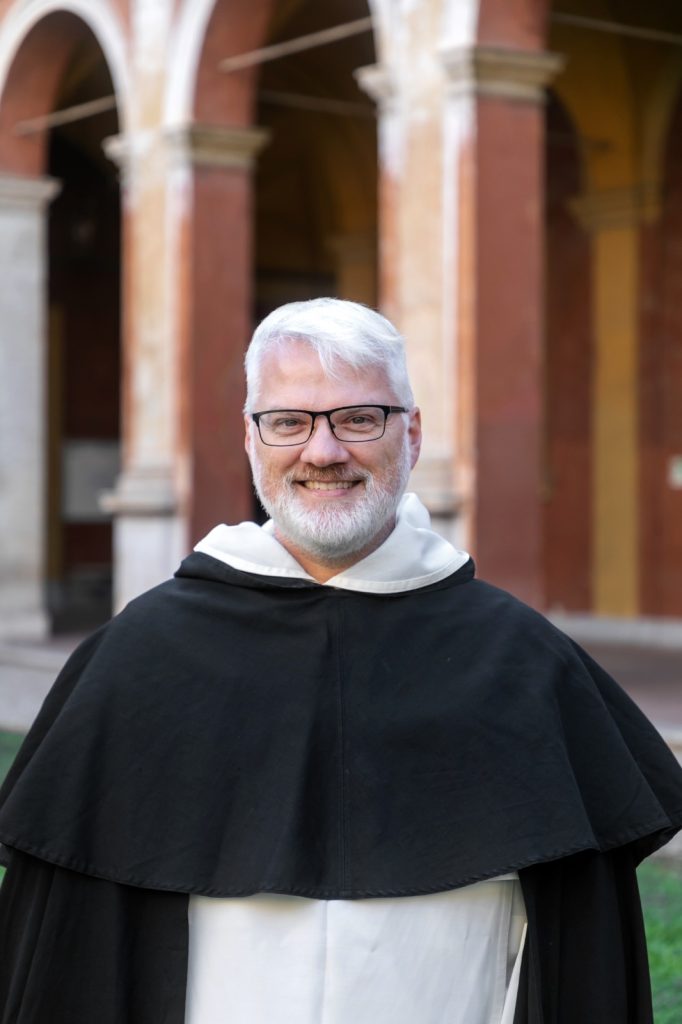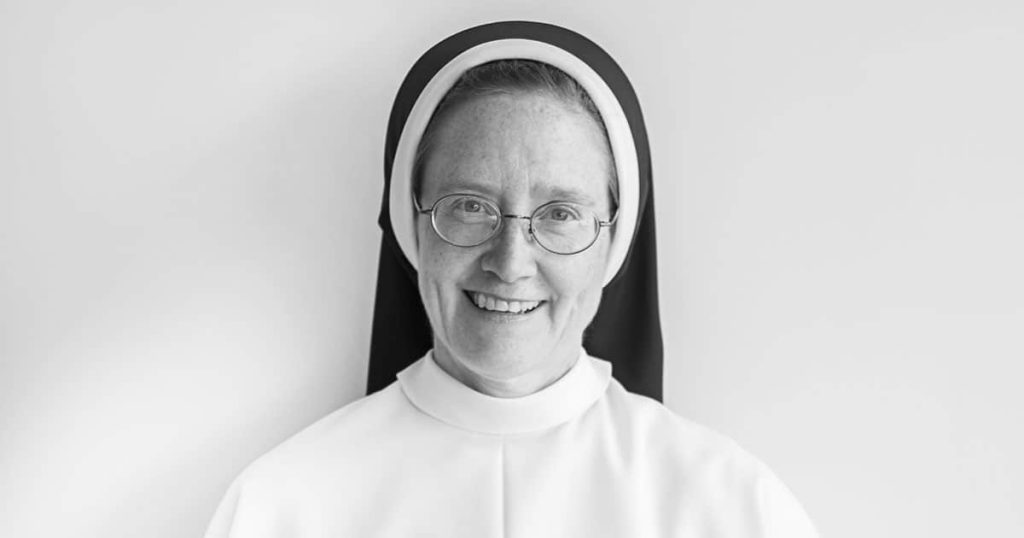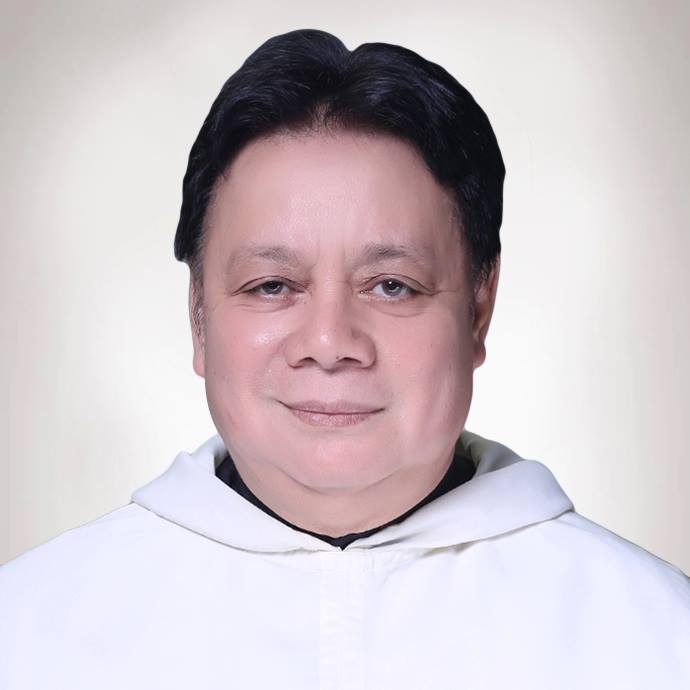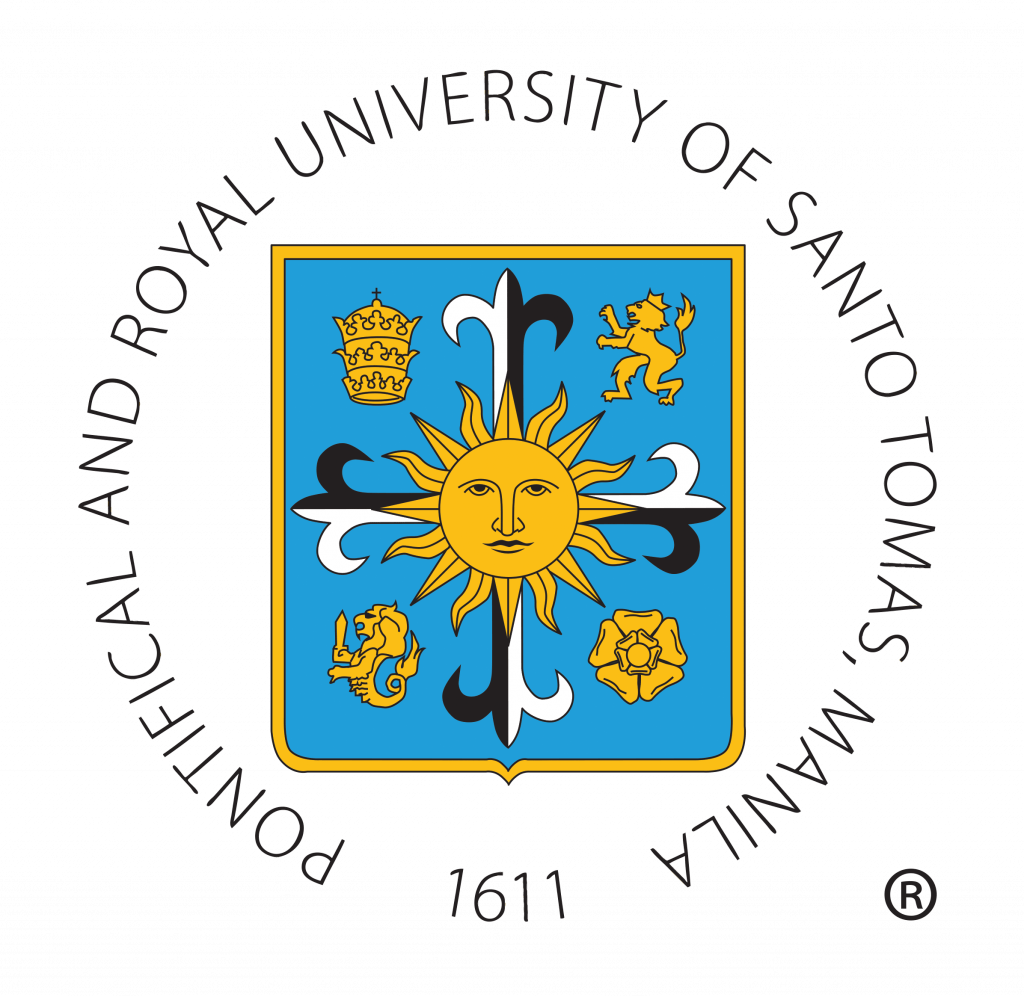Conference Speakers

Prof. Fr. Mark Daniel (Dominic) Holtz, O.P.
Vice Dean, Faculty of Philosophy
Pontificia Università San Tommaso d’Aquino Rome, Italy
Plurium verorum plures veritates: Alethic Pluralism and the Plurality of Truth in Thomas Aquinas
For the past thirty years, since the publication of Crispin White’s Truth and Objectivity (1992), there has been a lively discussion of pluralist accounts of truth. It may come as a surprise to many that Thomas Aquinas also upholds, in his own way, an account in which there can rightly be said to be “many truths about many true thing” (plurium verorum plures veritates). Indeed, on Thomas’ view, it is even possible to say that each thinker can have his own truth. This paper will explore just what, on the Thomistic account, could justify the claim that there are many truths, and how this view might be of interest to contemporary debates about alethic pluralism.

PROF. JOVITO V. CARINO
Professor, Department of Philosophy
University of Santo Tomas
Manila, Philippines
Tagpuan, Tapatan, Talaban:
Si Santo Tomas de Aquino, Dayalogo at ang Kontemporanyong Paghahanap sa Katotohanan
Matapos ideklara ni Nietzsche ang pagpanaw ng Diyos, at ni Heidegger ang wakas ng metapisika, naging tila mas mahirap ang paghahanap sa katotohanan. Sa halip na tukuyin ang totoo, nagkasya na lamang ang marami sa pagtataguyod ng iba’t ibang bersyon nito ayon sa kani-kaniyang perspektibo. Higit daw na mas mahalaga kaysa sa totoo ang kung ano ito sa tingin nila. Kalakip ng kondisyong ito ang pagsantabi sa nakagawiang kahulugan ng katwiran at pamimilosopiya. Ang dating pilosopikal na interes sa reyalidad ay napalitan ng interes sa lengguwahe. Lahat daw kasi ay nangyayari at nabubuo sa lengguwahe. Napalitan ng hermeneyutika ang pilosopiya ngunit dahil wala naman daw taglay na tiyak na kahulugan ang lengguwahe, nagpatianod na lamang ang post-modernong diskurso sa walang-hantungang agos ng alinlangan at birtuwalidad. Dahil dito, higit na naisantabi ang paghahanap sa totoo. Kung kampante na ang tao sa mga kunwari at sa-palagay-ko, aanhin pa ang totoo? Nabago ang lahat ng ito sa pagpasok ng kulturang digital, lalo na sa paglaganap ng social media. Kung pinagdududahan ng mga dating pilosopiya ang katotohanan, sa mundong pinapagana ng algoritmo ng internet, lahat ng bagay ay naging totoo. Ang ontolohiya ng reyalismo na tinalikuran ni Nietzsche at Heidegger ay nabuhay na mag-uli sa katawang-kasangkapan ng teknolohiya. Hindi lumikha ng bagong ontolohiya ang teknolohiya. Ang teknolohiya mismo ang naging bagong ontolohiya kaya tinitingnan ito bilang bagong batayan ng kung ano ang totoo. Tinuturing ngayon na totoo anomang bagay na nakikita, napapanood, napakikinggan at naikakalat sa social media. Ang sinasabing 31 milyong botong naitala nitong huling eleksyon sa Pilipinas ang isa sa pinakamalinaw na katibayan ng nasabing pagbabago ng ontolohiya sa pamamagitan ng teknolohiya. Dahil sa magkasalungat na puwersa ng post-modernong iskeptisismo at ng surplus ng katotohanan sa esperang digital, higit na naging masalimuot ang kontemporanyong paghahanap sa katotohanan. Mula sa “walang totoo,” napunta naman tayo ngayon sa larang kung saan “lahat ay totoo.” Saan at paano ngayon hahanapin ang katotohanan? Ito ang problematikong tatalakayin at tutugunan ko sa papel na ito. Bilang argumento, ipapanukala ko na sa kabila ng kaniyang pagiging mailap, posible pa ring matagpuan ang katotohanan sa pamamagitan ng tagpuan, tapatan at talaban – mga intelektuwal na praktikang isinabuhay at kinatawan ni Santo Tomas. Malayo man si Santo Tomas sa kuntesktong post-moderno at sa dominyo ng digital na teknolohiya, pinapatunayan naman ng mga praktikang nabanggit na ang paghahanap sa katotohanan ay maisasakatuparan saanman o anomang panahon. Higit sa lahat, sinomang naghahangad ng isang matibay na pundasyon para sa isang makatwiran, makatarungan at makataong sibilisasyon ay marapat lamang na manindigan para sa katotohanan.
English translation
Encounter, Exchange, Engagement: St. Thomas Aquinas, Dialogue and the Contemporary Search for Truth
With the declaration of the death of God by Nietzsche and the end of metaphysics by Heidegger, the search for truth became twice as difficult. Rather than aspire for truth, most people merely resorted to drumbeating its versions gleaned through their singular perspectives. The common opinion is that what a person thinks of truth is more important than truth itself. Coincident with this condition is the marginalization of the traditional notion of reason and philosophic practice. What used to be a philosophic interest on the question of what is real has been replaced by the fascination with language. This was deemed intuitive because language was thought to be the “house of being.” As a result, philosophy was taken over by hermeneutics but since language can only have a deferred meaning, post-modern discourse merely drifted along an aimless stream of ambiguity and virtuality. Consequently, the search for truth once more took a backseat. Why look for truth when people are already content with what seems to be and what they take to be true? Things took a different turn with the advent of the digital culture, specifically the spread of the social media. While previous philosophies doubted truth, in a world configured by internet algorithmns, everything was taken to be true. The ontology of realism abandoned by Nietzsche and Heidegger re-appeared in the guise of technology. Technology did not introduce a new ontology. Technology itself became the new ontology, hence, the perception that it has now become the new foundation of truth. Today, everything visible, viewable, audible or reproducible via social media is perceived as true. The alleged 31 million votes tallied in the recent Philippine election is one manifest outcome of this ontological re-framing made possible by technology. Because of the extreme polarity represented by the post-modern skepticism and the surplus of truth found in the digital sphere, the search for truth became doubly challenging. From the position where “nothing is true,” we have now found ourselves in a terrain where “everything is true.” Where and how then may truth be sought? This is the problematic I shall explore and address in this paper. As my argument, I am proposing that notwithstanding the attendant difficulty, finding truth remains possible via encounter, exchange and engagement, the intellectual practices demonstrated and embodied by St. Thomas Aquinas. St. Thomas Aquinas may be removed from the post-modern context and the dominion of digital technology but the said intellectual practices would show that the search for truth is doable notwithstanding the geographic or historical divide. More importantly, anyone aiming for a strong foundation of a reasonable, just and humane society must be willing to make a stand in the name of truth.

Sr. Prof. Catherine Joseph Droste, O.P.
Professoressa di Teologia
Pontificia Università di San Tommaso, Rome, Italy
Forming Conscience in a Contemporary World: Aquinas’s Teaching on the Gifts of Wisdom and Counsel
Dialogue with the contemporary world requires charity and creative fidelity, particularly in the realm of moral questions and formation of conscience. In the face of ever-increasing challenges, we might benefit from a rereading of Thomas Aquinas’s teaching on the necessity of the gifts, particularly the gift of wisdom that corresponds to charity and counsel that corresponds to prudence. I will examine how these two gifts can assist in the formation of conscience – both our own and those with whom we dialogue.

PROF. FR. RODEL E. ALIGAN, O.P.
Professor, Faculty of Sacred Theology
University of Santo Tomas
Manila, Philippines
Relevance of St. Thomas Aquinas on Truth, Communication and Authenticity of Christian Life in the Digital Age
The radical changes taking place in communication are guiding significant cultural and social developments. The new technologies are changing not only the ways we communicate but also the communication of truth itself, so much so that it can be said that we are living through a period of vast cultural transformation. The spreading of information and knowledge is giving birth to a new way of learning and thinking, with unprecedented opportunities for establishing and building relationships (Message of His Holiness Pope Benedict XVI for the 45th World Communication Day). In line with this, the context in which Thomas Aquinas reflects on truth, communication and teaching will be discussed, as are the texts in which he does so. His account of teaching and communication is ultimately theological and therefore has to be contextualized in the present digital age.

Contact Information
For inquiries, please contact the Conference Secretariat:
Email: aquinasconferences@ust.edu.ph
Phone/Fax:
+63 2 8731-4301
+63 2 3406-1611 loc. 8256 or 8659